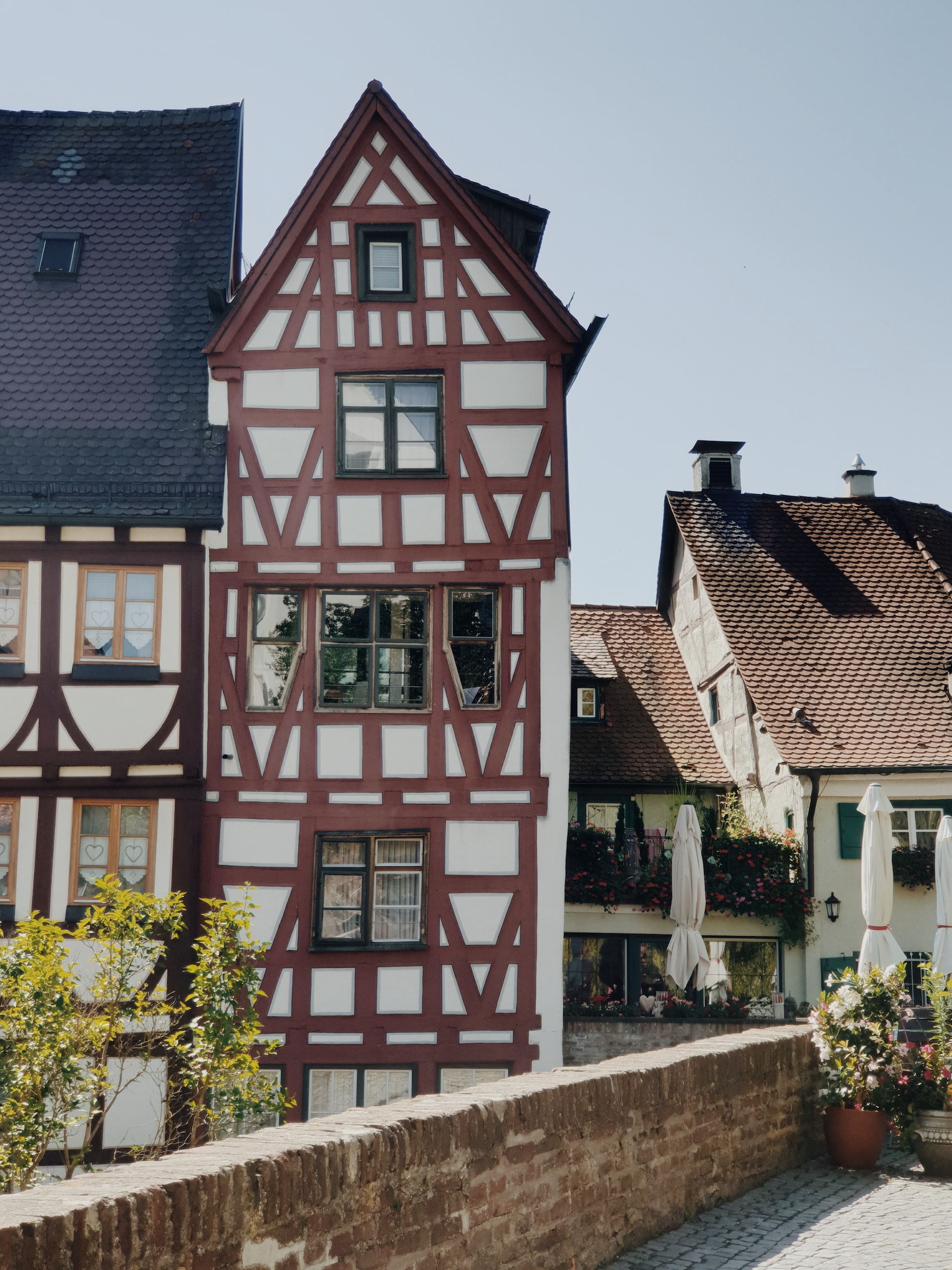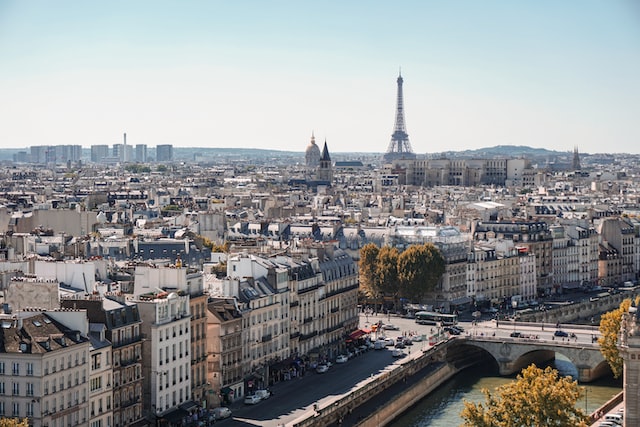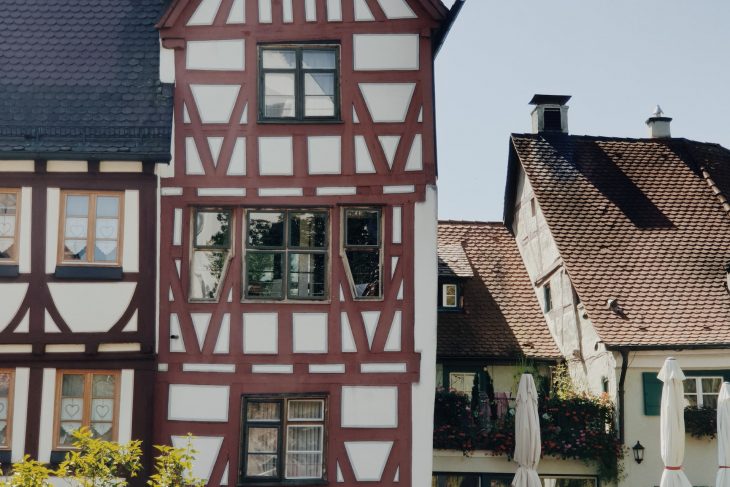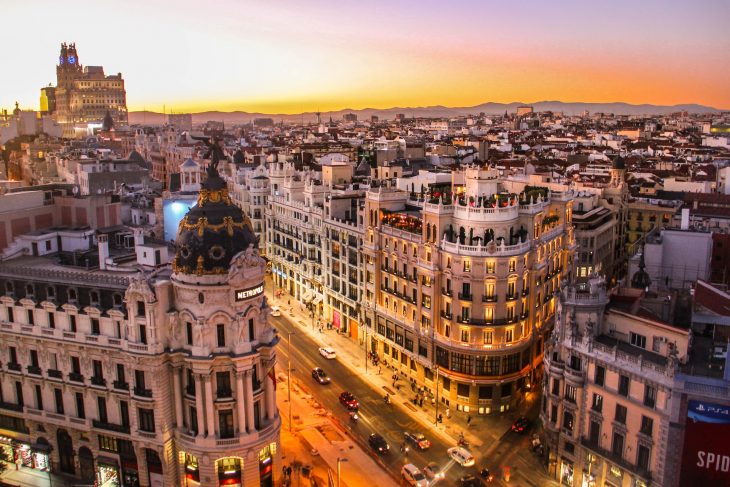
Germany is a country located in Central Europe. It has a population of over 82 million people and covers an area of 357,386 square kilometers. Germany is bordered by the North Sea and Baltic Sea to the north, Poland and the Czech Republic to the east, Austria and Switzerland to the south, and France, Luxembourg, Belgium, and the Netherlands to the west.
How German culture has changed over time
Germany has been through a lot of changes over the years. The country has been divided and reunited, and its culture has undergone some major changes as well. Here’s a look at how German culture has changed over time.
In the early years of the German nation, the country was divided into many small states. Each state had its own culture and traditions. This made for a very diverse country, with each region having its unique customs.
Over time, the German states began to unify, and a more unified culture began to emerge. This process was hastened by the Industrial Revolution, which brought people from all over the country into close contact with each other. As the nation became more industrialized, its culture began to change as well.
The first half of the 20th century was a turbulent time for Germany. The country was involved in two world wars, and its economy and society were drastically changed by these conflicts. After World War II, Germany was divided into two separate countries, East Germany and West Germany. The two countries had very different cultures, and this division was reflected in the different lifestyles of their citizens.
In 1990, the two Germanies were reunited, and the country once again became a single entity. Since then, German culture has continued to evolve, with new influences from other cultures being added to the mix. Today, Germany is a country with a rich and diverse culture, one that has been shaped by its long history.
The most important and unique aspects of German culture
Some of the most important and unique aspects of German culture include:
– Germany has a very rich and diverse history, which is reflected in its culture. There are many different regions within Germany, each with its distinct traditions and customs.
– The family unit is very important in German culture, and families typically spend a lot of time together.
– Germans are known for their love of food and drink, and there is a strong culture around both. There are many traditional German dishes and beverages, as well as a thriving beer industry.
– Germany is also home to some of the world’s most famous art and architecture. There are many museums and galleries throughout the country, as well as several iconic buildings such as the Cologne Cathedral and the Brandenburg Gate.
– Germans are generally very efficient and hardworking, and this is reflected in their culture. There is a strong focus on punctuality and orderliness, and translation service german are often known for their precision.
These are just some of the most important and unique aspects of German culture. There is much more to learn about this fascinating country, and its culture is worth exploring further.
German Customs and Traditions
Germany is a country with a rich culture and heritage. Many customs and traditions have been passed down through the generations. Some of these customs are still practiced today, while others have faded away over time.
One German tradition that is still very popular today is Oktoberfest. This annual event takes place in Munich and celebrates the Bavarian culture. Visitors can enjoy traditional German food and drink, as well as live music and entertainment.
Another popular German tradition is Christmas. Germans celebrate Christmas with a large feast, called a Weihnachtsfeier. This feast typically includes a variety of traditional dishes, such as roasted meats, potatoes, and vegetables. After the meal, Germans often exchange gifts and spend time with family and friends.
Germans are also known for their love of beer. There are many different types of German beer, such as lagers, ales, and stouts. Germany is home to some of the world’s oldest breweries, such as Weihenstephaner and Ayinger.
Germans also have a strong military tradition. This is evident in the many war memorials and museums that can be found throughout the country. Germany has also been home to many famous military leaders, such as Generalfeldmarschall von Hindenburg and Erwin Rommel.
Why is German culture so rich and interesting?
German culture is one of the most interesting and diverse in the world. It has been shaped by a long history, geography, and a variety of influences.
One of the things that make German culture so rich is its history. Germany has been a major European power for centuries, and this is reflected in its art, architecture, and literature. Germany has also been a leader in many fields, such as science and philosophy. This long and eventful history has left a deep mark on German culture.
Geography also plays a role in shaping German culture. The country is situated in the heart of Europe, and this gives it a unique position in the world. Germany is also a very diverse country, with a variety of different regions and landscapes. This diversity is reflected in the culture, with different regions having their traditions and customs.
Another important factor in the richness of German culture is the influence of other cultures. Germany has been open to foreigners for centuries, and this has had a significant impact on its culture. Many of the country’s most famous writers, artists, and musicians were not born in Germany, but they have all played a significant role in shaping German culture. This openness to other cultures is one of the things that makes German culture so rich and interesting.
Conclusion
Germany has a rich culture and history dating back centuries. It is known for its beautiful scenery, its many castles and palaces, its tasty food, and its lively nightlife. Germany is also home to some of the world’s most famous composers, including Johann Sebastian Bach, Ludwig van Beethoven, and Richard Wagner.





